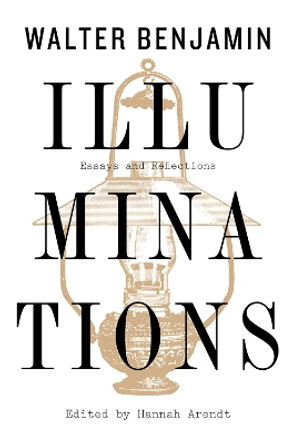Description
In this book Oyarzun examines some of the key concepts in Benjamin's work - including his concepts of translation, experience, history and storytelling - and relates them to his own systematic reflection on the nature and implications of 'doing justice'. What is meant by the words 'justice was done'? The passive voice is important here. On the one hand, justice does nothing: it is not an agent, it can only prevail or fail, and if it fails, it does so without limit. On the other hand, the passive voice alludes to the agents of an action while covering them up; the allusion is the masking of the identity and traces of the person who accomplishes the action. And this cover-up can be dangerous: it can cover-up the executioners, who are subjects that everyone can confirm anonymously, without their being recognized and without their wanting to be recognized. Justice, argues Oyarzun, can only be done in the active effort to do justice - or, as Benjamin would say, in the striving to turn the world into the highest good.
This book by one of Chile's most distinguished philosophers will be of value to anyone interested in Benjamin's work and in the development of critical theory in Latin America.
About the Author
Pablo Oyarzun is Professor of Philosophy and Aesthetics at the University of Chile.
Reviews
'Benjamin once wrote that The gate to justice is study. To this could now be added: The gate to the idea of justice is studying Pablo Oyarzun s Doing Justice. '
Professor Peter Fenves, Northwestern University
Book Information
ISBN 9781509541980
Author Pablo Oyarzun
Format Paperback
Page Count 180
Imprint Polity Press
Publisher John Wiley and Sons Ltd
Weight(grams) 272g
Dimensions(mm) 213mm * 137mm * 18mm







